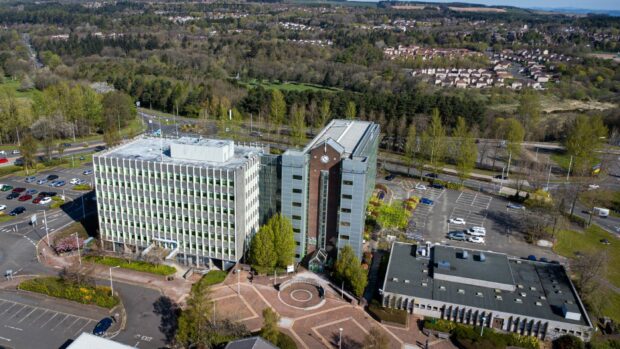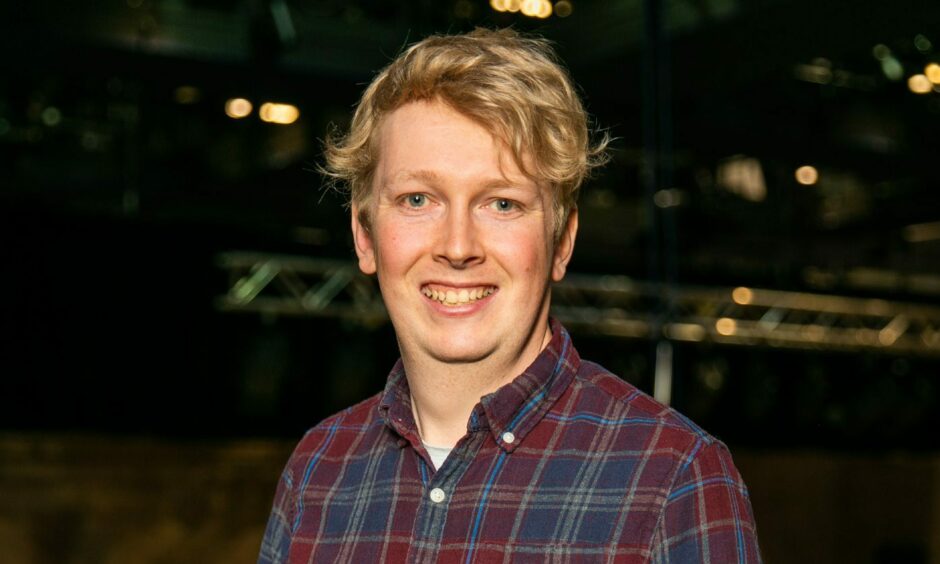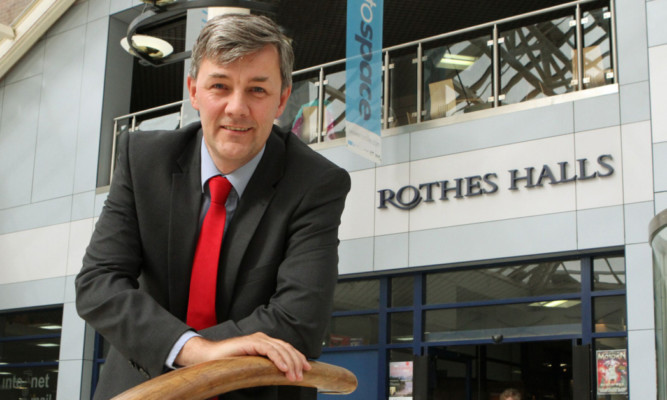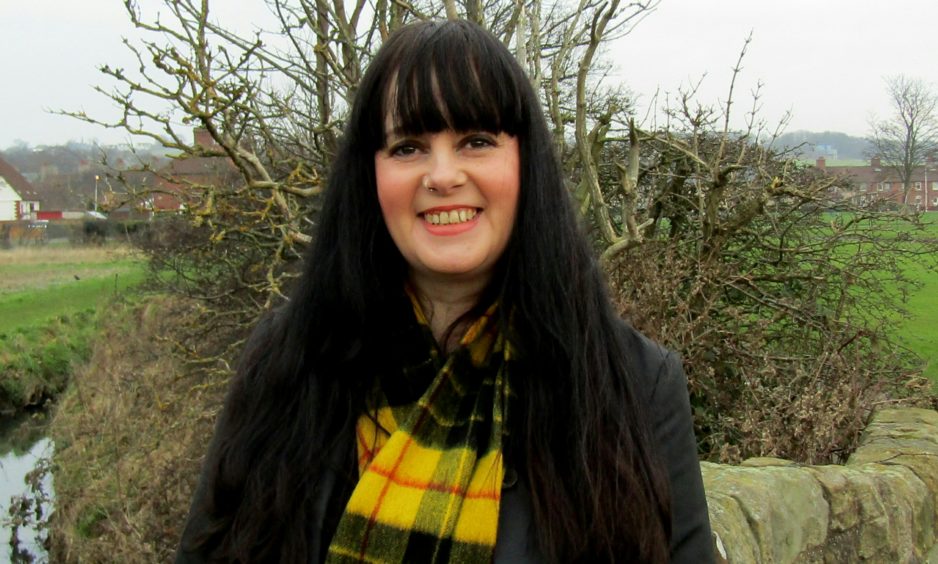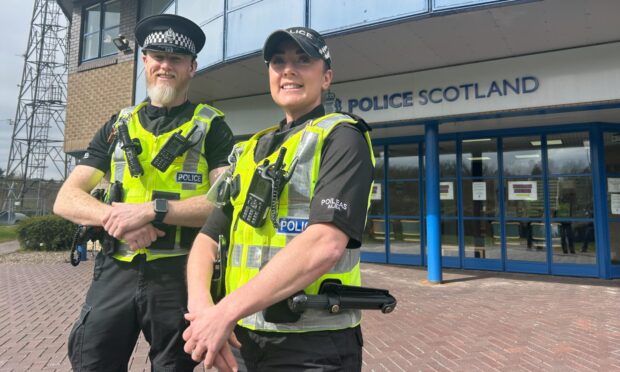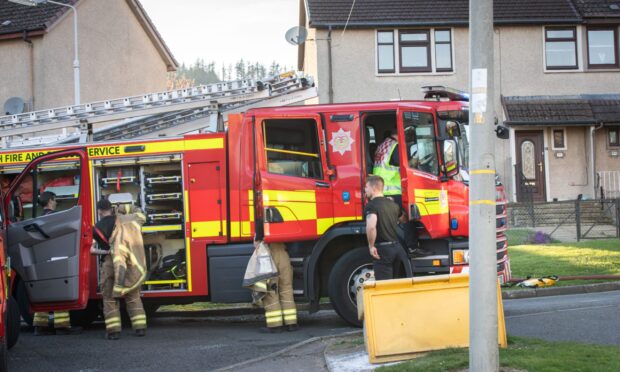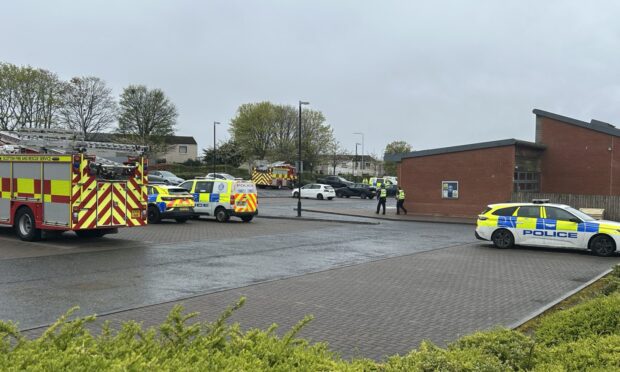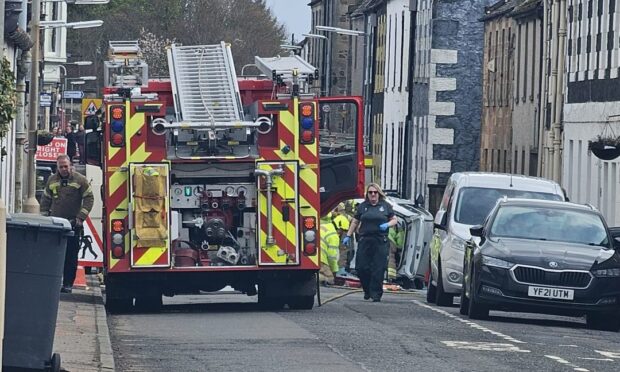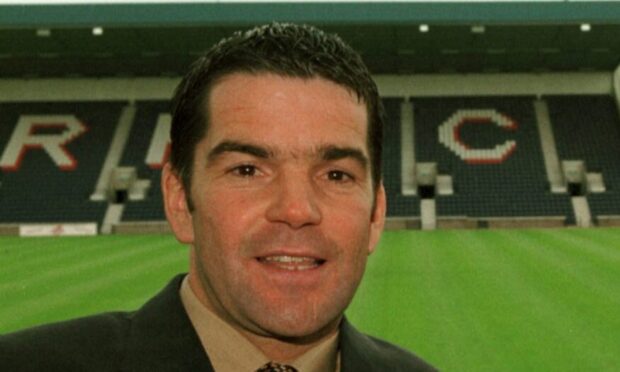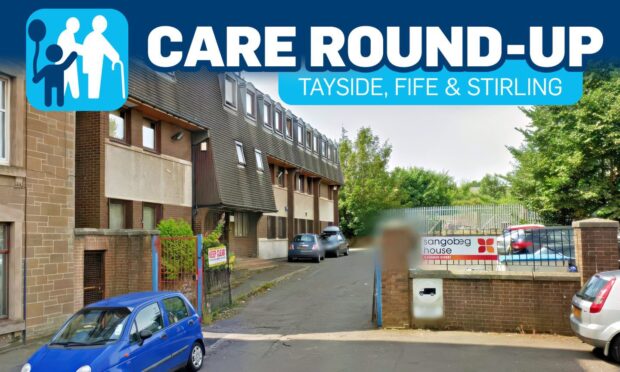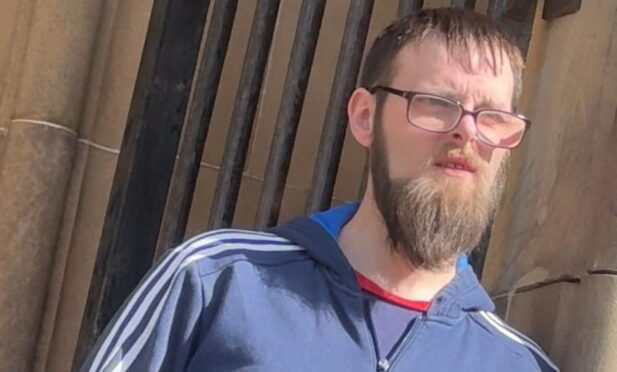Fife Council has agreed to remove the right of unelected religious representatives to vote on educational matters – despite a warning the move could be seen as sectarian.
Councillors agreed the current set-up is not democratic as the church members are not answerable to the public.
The move follows a vote at today’s full council meeting.
And it breaks more than a century of voting rights for religious groups in the region.
In Fife, there are three representatives – one from the Catholic Church, one from the Church of Scotland and one other.
And they are able to vote on issues at the cabinet committee, the education appeals committee and the education scrutiny committee.
However, SNP councillor David Barratt argued the arrangement “artificially gives religious groups more of a voice than other groups”.
And he added: “This is not about politics, it is not about religion, it’s about democracy.”
Council officers advised the decision could leave the local authority open to a legal challenge.
Catholic church members lobbied councillors
Councillors were given a free vote and did not vote along party lines.
And the result was close with 36 votes to end voting rights and 32 to retain them until the end of this council term in 2027.
Fife is the fifth Scottish council to end the tradition, following Perth and Kinross, Moray, Orkney and the Scottish Borders.
The issue has proved highly controversial among some in Fife.
And it’s estimated 2,000 members of the Catholic Church lobbied councillors with emails and postcards in the run up to today’s meeting.
Labour councillor Altany Craik said: “I was concerned to see in some representations made to us that removing voting rights could be seen as sectarian or anti one group or another.
“Fife Council is an inclusive organisation and can’t be seen to be anything else.
“That said, a section of our community has this concern.”
Concern over lack of consultation
Mr Craik said the move to end voting rights had come as “a bolt from the blue”.
And he expressed concern about a lack of consultation with the people concerned.
“One of our communities is particularly upset about the removal of voting rights,” he said.
“We agreed less than a year ago they should have voting rights.
“Changing it may lead to a legal challenge and as such we should be circumspect in our choice.
“If we had no denominational schools the argument would be less controversial.
“But if we remove voting rights now without any dialogue, we’ll have been seen to have ignored legitimate concerns raised with us.”
‘Not accountable to the public’
However, Mr Barratt responded: “For me, this is simple.
“The current set-up is not democratic.
“The public have not unreasonable expectations that the people responsible for the decisions of the council are accountable to the public.”
SNP member Sam Steele agreed, adding: “It’s not that the representatives are religious, it’s that they unelected.
“It’s entirely undemocratic to afford them voting powers.
“These unelected religious representatives have the right to be represented but no legal right to vote.”
Catholic Church wants ‘active input’
The Catholic Church said its members would be disappointed by the decision.
Margaret Barton made representations to council members during the meeting on behalf of the Catholic Church’s Archdiocese of St Andrews and Edinburgh.
She pointed out there are 15 Catholic schools in Fife, educating a high percentage of the region’s children.
“It’s fair and reasonable that the church representative has an active input into the management and direction of Catholic schools through the use of their vote,” she said.
“She is accountable to the parents and families who choose Catholic schools.”
Councillors heard the Church of Scotland representative believes they should not be entitled to vote.
While today’s decision removes that right, the religious representatives are still entitled to sit on their allocated committees.
And they can still air their views.
